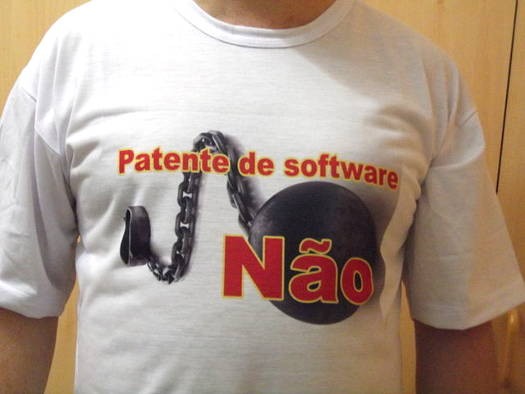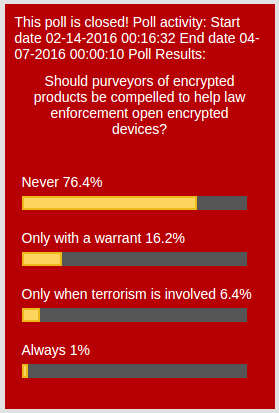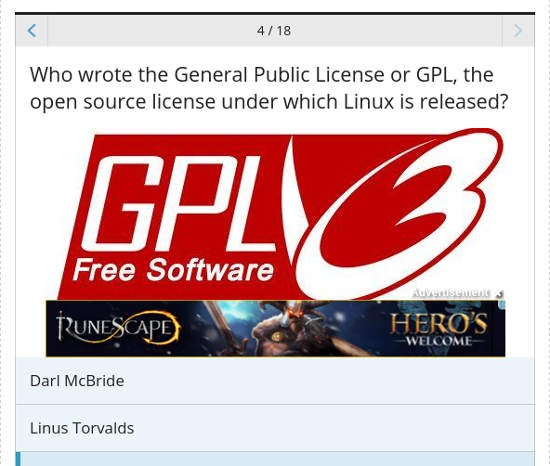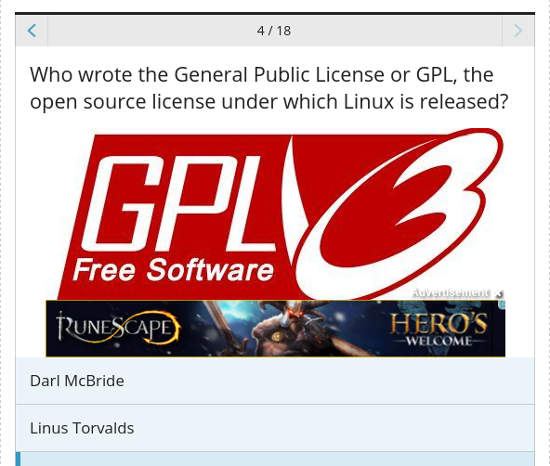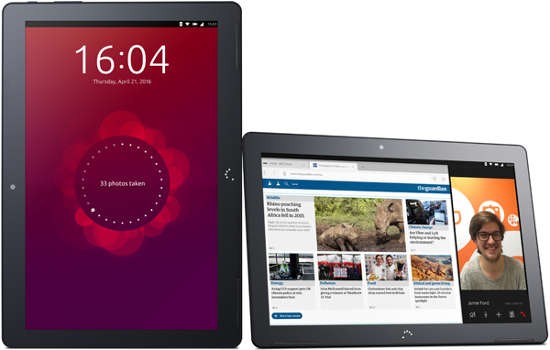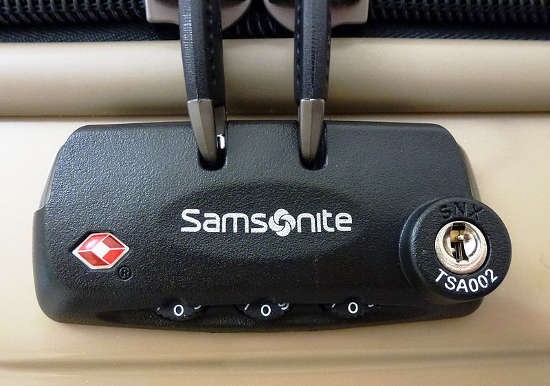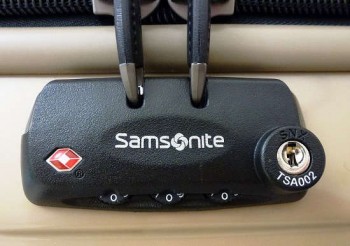Arch Linux wins the qualifying round for the second year, followed by Linux Mint. In addition, eight distros qualified by write-in votes to be included in our final round. Now it’s time to get out the vote in the all-important final round to determine the Best Linux Distro according to our readers.
The FOSS Force Readers’ Choice Awards Poll
 Through our qualifying round of voting, you have decided the final slate of candidates for our annual FOSS Force Readers’ Choice Award for Best Linux Distro. At 11 a.m. EST, final round voting began to determine which desktop Linux distro gets the prize for this year’s award.
Through our qualifying round of voting, you have decided the final slate of candidates for our annual FOSS Force Readers’ Choice Award for Best Linux Distro. At 11 a.m. EST, final round voting began to determine which desktop Linux distro gets the prize for this year’s award.
Admittedly, there’s not much at stake here; the winning distro receives nothing more than bragging rights and a heartfelt symbolic pat on the back from our readers — which has to count for something.




